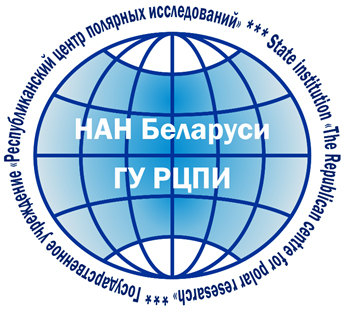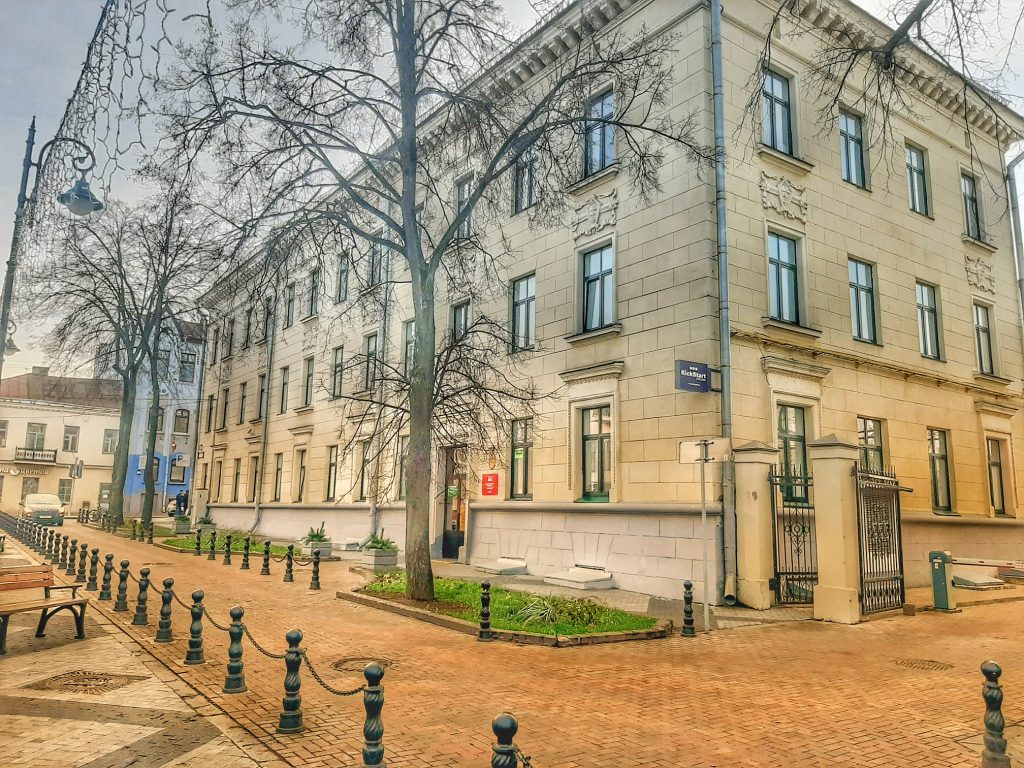The main tasks of the Centre
– participation in the preparation and implementation of state and international programs in the field of research and use of the polar regions of the Earth;
– participation in the preparation of draft regulatory legal acts in order to ensure the conduct of polar research and the fulfillment by the Republic of Belarus of the obligations assumed under the Antarctic Treaty, the Protocol on Environmental Protection to the Antarctic Treaty, conventions, recommendations of the Antarctic Treaty Consultative Meetings;
– development and strengthening of international cooperation in the study of the polar regions of the Earth and logistics;
– organization of material, technical and logistical support for polar research, development of instrumentation and life support elements of the polar infrastructure, as well as their repair, prevention, modernization and timely replacement, work in the field of labor protection;
– organization of information support for the population and popularization of knowledge in the field of studying the polar regions of the Earth.

